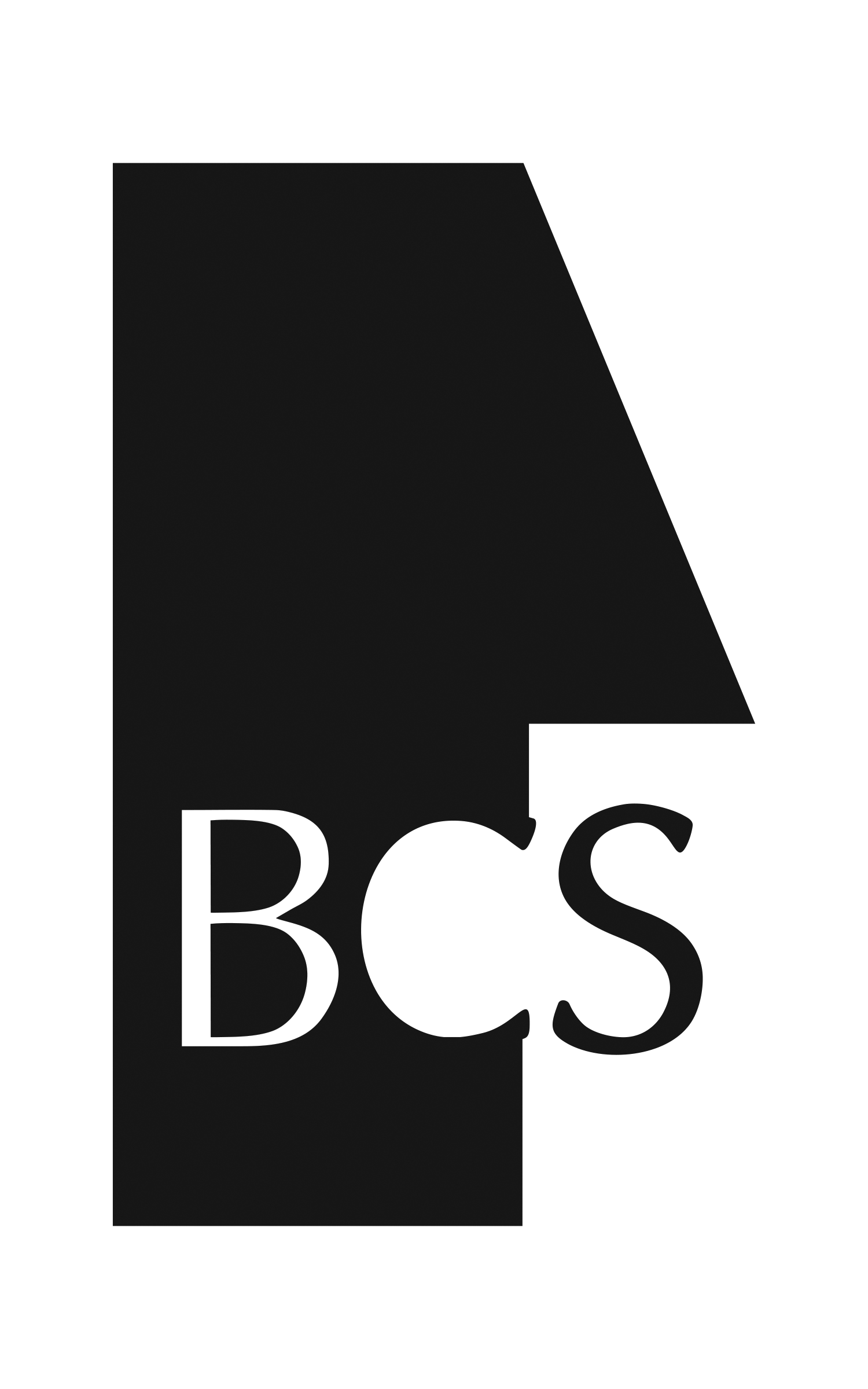A Short History of the BCS
The Bloomington Chamber Ensemble rehearses Nov. 13, 1970 for its first performance.
The very first concert program, Nov. 16, 1970, listing all the singers.
Perhaps the first concert conducted by Gerald Sousa, Dec. 8, 1989.
The program for the first concert directed by Gerald Sousa, Dec. 8, 1989.
The Bloomington Chamber Ensemble was organized in June of 1970 by Ann Kearns, a flutist from the Bloomington Symphony Orchestra who recognized the desire of choral singers to sing a wide range of music, secular and sacred, modern and traditional. Singers from both the university and the community came together to practice once a week in a home, taking time out of their busy lives because of their love for choral music. Performances, which were free of charge, took place twice a year. The first concert in November of 1970 featuring 17 singers took place at the Monroe County Public Library Auditorium (which was new at that time). The first conductor, Dennis Shrock, was a doctoral conducting student from the Indiana University School of Music who volunteered his time.
During the Ensemble period, a manager was in charge of promotion of the concerts until a Board of Directors was established around 1978, consisting of a President, a Secretary-Treasurer, and a representative from each vocal section. The conductor was paid a small commission of $50 per semester for the first time in 1979, the money coming from member dues collected twice a year.
When the Bloomington Chamber Ensemble was renamed the Bloomington Chamber Singers in 1980, by-laws were drafted, but BCS but did not become officially a 501(c)3 non-profit organization until 1987. The chorus grew from about 20 to 35 singers between 1980 and 1989, and all conductors in this period were doctoral students from the IU School of Music. Professional soloists and instrumentalists, usually from the IU School of Music, were hired as needed. Rehearsal locations and performance venues moved to churches. Reviews of concerts by local critics continued to be quite positive, as they had been from the very beginning.
When Gerald Sousa was hired in 1989 as conductor and artistic director of BCS, it was only the second time in the history of the chorus that a conductor had a completed doctorate and significant professional experience. Under his baton, the group has performed most great choral masterworks, including J.S. Bach's two great Passions and B minor Mass, Haydn's Creation, Mozart's Requiem, Brahms' Requiem, Rachmaninov’s Vespers, and Poulenc’s Stabat Mater, and secular works as Orff's Carmina Burana, Whitbourne's Annaleis, and Adams’ Transmigration of Souls.
A Messiah Sing-along, Part I, was introduced in 1990 and has been an annual contribution to the community since that time. In 2017, the BCS introduced a Lenten Messiah Sing-along, Parts II and III, which has gradually drawn a significant number of participants, despite the fact that it is less well known than Part I.


